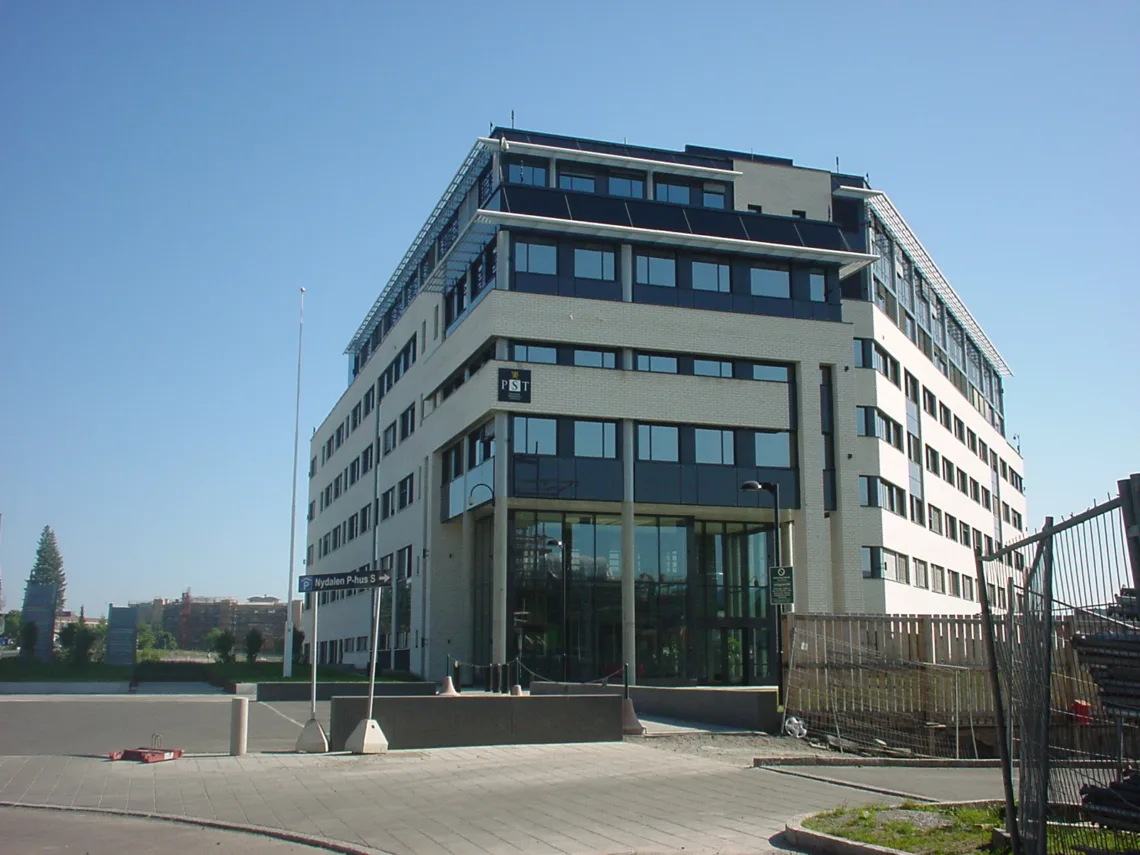The two sisters who have been charged with participation in IS are being detained for four more weeks, with restrictions. They are not allowed to meet each other in prison.
The defenders of the two so-called IS sisters petitioned for their release in the Oslo District Court on Thursday. Additionally, they asked for the restrictions to be lifted. They pointed out in particular that it is difficult for them that they are not allowed to talk to each other in prison.
But the court has chosen to place less importance on the two sisters experiences. Among other things, they had also expressed a wish to be released, as they think they have been in prison long enough now.
NTB-Snorre Schjønberg reports on the case.
Oslo district court said no to both being released and their request to communicate with each other. Instead, the sisters have been given an additional four week extension to their imprisonment, with letter and visitor checks, a media ban and partial isolation so they are not allowed to meet each other.
It is in line with the Police Security Service (PST) request.
Heavy
I will now talk to my client about whether she wants to appeal, says Geir Lippestad, who defends the eldest sister, to NTB.
He says that the two sisters have a strong desire to meet each other.
These two sisters have been each other’s anchors and supported each other through difficult times. That is the reason why they feel it is difficult not to be there for each other and support each other now, he says.
The other sister’s lawyer has a similar presentation:
It is very hard for her to be separated from her sister. They have been together in rather terrible conditions and have been each other’s most important support, says lawyer Hilde Firman Fjellså, who represents the youngest sister.
Disagreement as to whether the conditions have been met
Fjellså, who represents the youngest sister, says there is no danger of tampering with evidence, and that they believe there is no reasonable reason for suspicion. She refers to the Supreme Court’s judgement in a similar case, where it was found that volunteering was a requirement for it to be considered IS participation.
– My client believes that she did not go to Syria as a 16-year-old to get married. It was under duress, says Fjellså.
She asks the prosecution to be more specific in what they are to investigate in order to justify the risk of tampering with evidence.
If they had wanted to coordinate and influence other witnesses, they have had full opportunity to do so in the past. PST has been investigating this case since they left, says the lawyer.
In the imprisonment orders, the district court writes that their reasoning after they were arrested has not weakened any grounds for suspicion. Nor has there been any other information in the case that weakens the grounds for suspicion allowing them to be released now, writes the court, which also believes there is a risk of tampering with evidence.
Went to Syria in 2013
The two left early to join the Islamic terrorist state, and take part in activities there. In 2013, they headed south to Syria, while the IS state was relatively newly formed.
However, both sisters deny that they went to Syria to join IS. When they were finally evacuated, they found themselves in the Al-Hol refugee camp. They have said they did nothing illegal in Syria from 2013 onwards.
However, the Police Security Service (PST) believes that there is reason to suspect that they did. They are charged with terrorism on the basis that, as housewives, they contributed to IS being able to maintain its activity.
The sisters were in their teens when they left Norway for Syria in 2013. They eventually both married IS members. The two women returned to Norway four weeks ago and agreed to be imprisoned because they understood the police’s need to investigate the case.
New phase in the investigation
Police prosecutor Terje Nedrebø Michelsen in PST maintains that, in the police’s opinion, it is both a serious charge and there is a risk of tampering with evidence.
This is an ongoing process and an investigation that is in the initial phase. We are not on target with the tasks we have, including questioning witnesses, says Michelsen to NTB.
Both accused have given a fairly long introductory statement. Now we enter the next phase of the interrogations where we will ask the more follow-up questions and ask them to clarify what they have said and eventually present our evidence, says Michelsen.

